Most Impactful Moments Of Past Summer Olympics
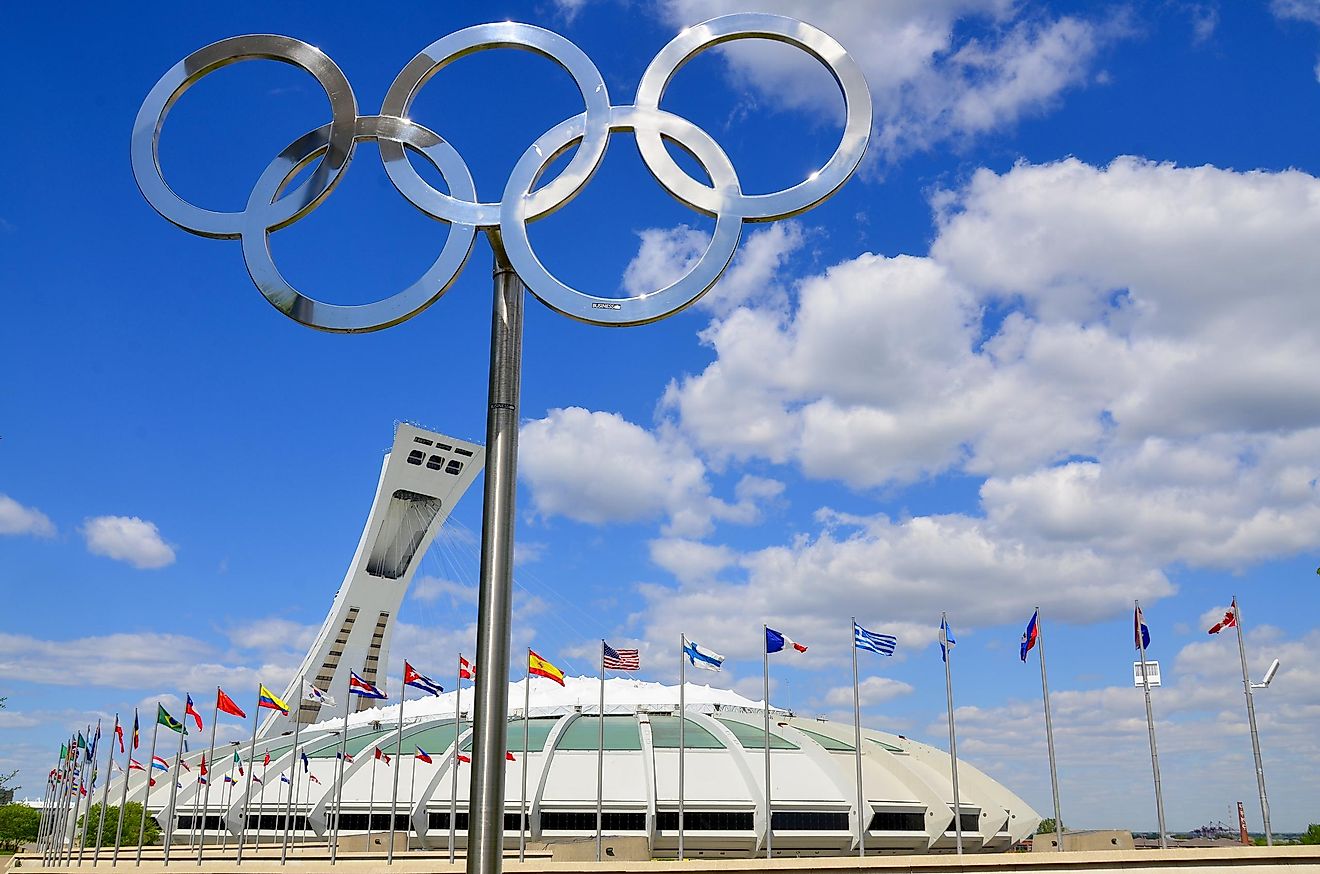
- The 2020 Summer Olympics are taking place in Tokyo, a year late due to the COVID-19 pandemic.
- Female athletes did not compete in the Olympics until 1900.
- A terror attack in Munich led to increased security at the Games.
The Summer Olympic Games held every four years is one of the most popular sporting events in the world. Unlike the World Cup that attracts only 36 teams in a single tournament, the Summer Games draw participants from over 200 countries (207 countries in Rio de Janeiro in 2016). In the 120 years in which the modern Olympics have been taking place, there have been historic and memorable moments that have not only impacted the Games but world history as well. As the world prepares for the Tokyo 2020 Summer Olympic Games, which will take place from July 23rd to August 8th, 2021, here are some impactful historical moments of the Games worth noting.
Inclusion of Female Athletes in the Olympic Games
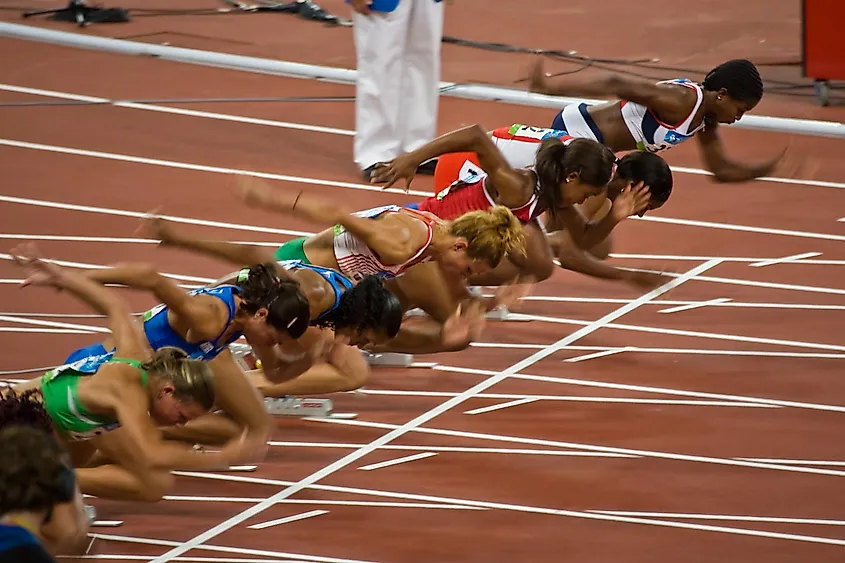
The Ancient Olympic Games were a men’s only affair, with women not allowed to participate. The only way women could participate was by registering their horses for competition. The first modern Olympics held in 1896 in Athens, Greece included 241 athletes which were all male. The 1900 Olympic Games saw women compete in the Olympics for the first time. However, the number of female athletes was only 22 compared to 975 male athletes. It was not until the 2012 Olympic Games that all participating countries were represented by female athletes.
1948 Summer Olympics Set Stage for Paralympics
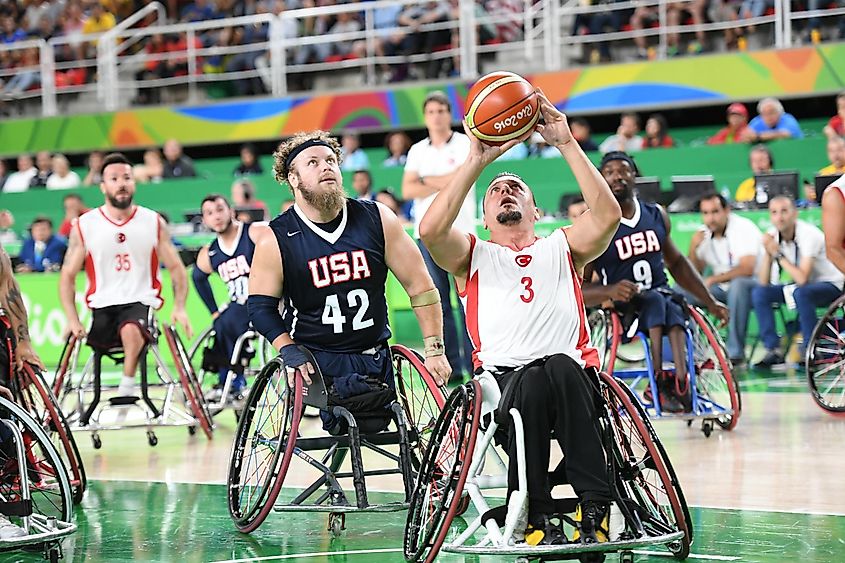
Although the Paralympic Games took place for the first time in 1960 in Rome, Italy, the thought of having a special Olympic event for the disabled was conceived at the 1948 Summer Olympics in London. Dr. Ludwig Guttman, who was working with World War II veterans suffering from spinal injuries, included sports in his rehabilitation programs. Dr. Guttman invited 16 of his patients to participate in the 1948 Games. Four years later, he founded the International Wheelchair Games. In 1960, he invited 400 athletes for the Summer Olympics to compete in what was called the Parallel Games. The Parallel Games were renamed Paralympics.
First Televised Games
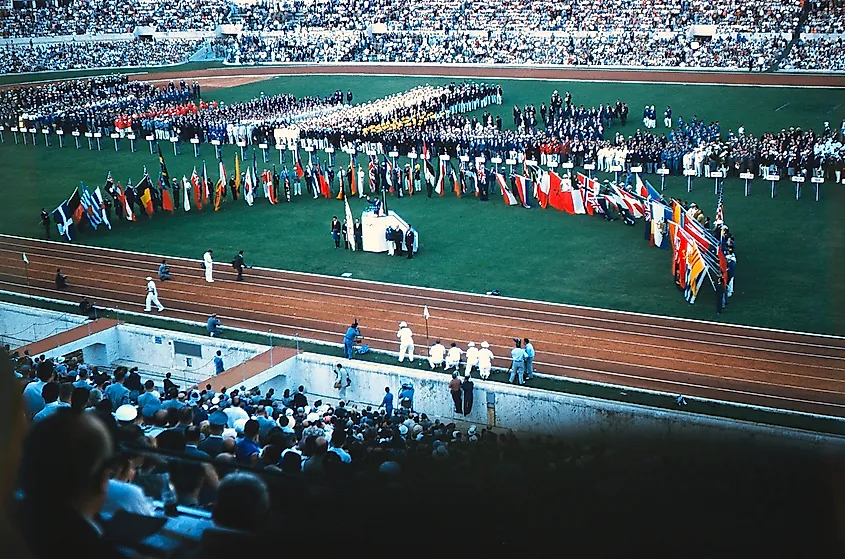
The 1960 Summer Olympic Games in Rome is famous for many things, such as being the first televised Olympic Games. The Rome Games set the pace for the commercialization of the sporting event and completely changed how the Olympians were viewed around the world. Because the Games became accessible to thousands of people around the world, several companies used athletes to endorse their brands. It was at the 1960 Games that the first doping scandal was reported.
Munich Terror Attack
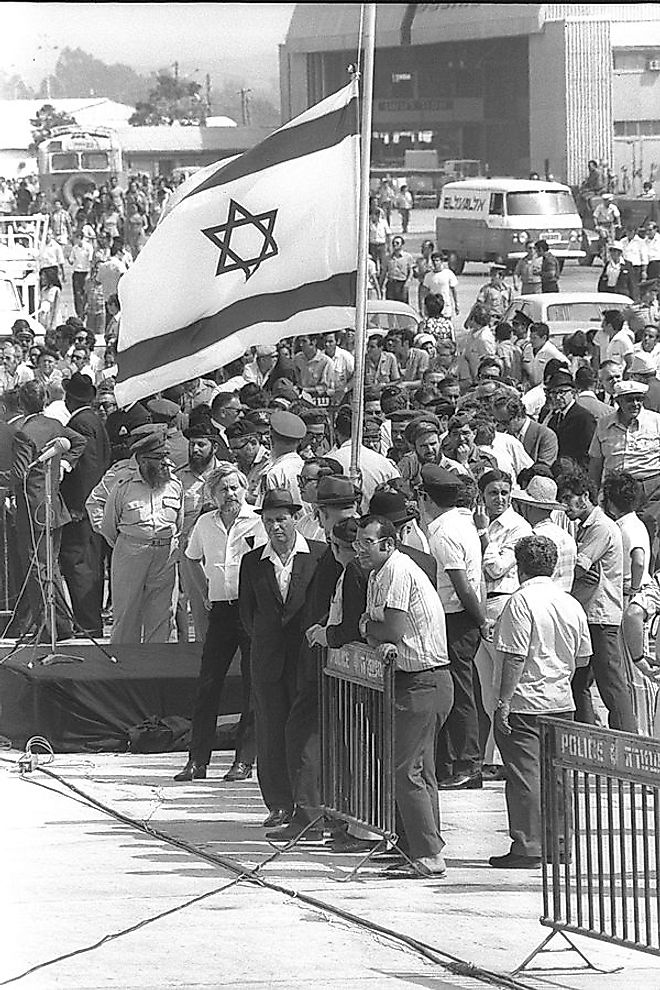
The Olympic Games have generally been safe for both athletes and their supporters. However, the 1972 Munich Games was marred by tragedy when a group of Palestinian terrorists attacked and killed 11 Israeli athletes at the Olympic village. The event ushered in an era of increased security for the games.
The Boycott By African Countries
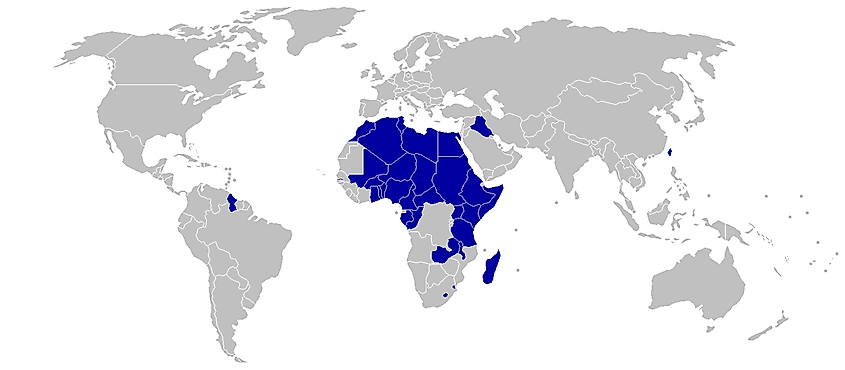
25 African teams joined in solidarity by Guyana and Iraq, boycotted the 1976 Summer Olympic Games because New Zealand was participating. Earlier, New Zealand’s rugby team had toured the apartheid-ridden South Africa, sparking outrage among African countries as the United Nations had called for a sporting embargo of the country to protest its racist politics. The 1976 boycott marked the beginning of the Olympics’ politically motivated boycotts. It was followed by the 1980 boycott by the United States in protest against the Soviet Union.











